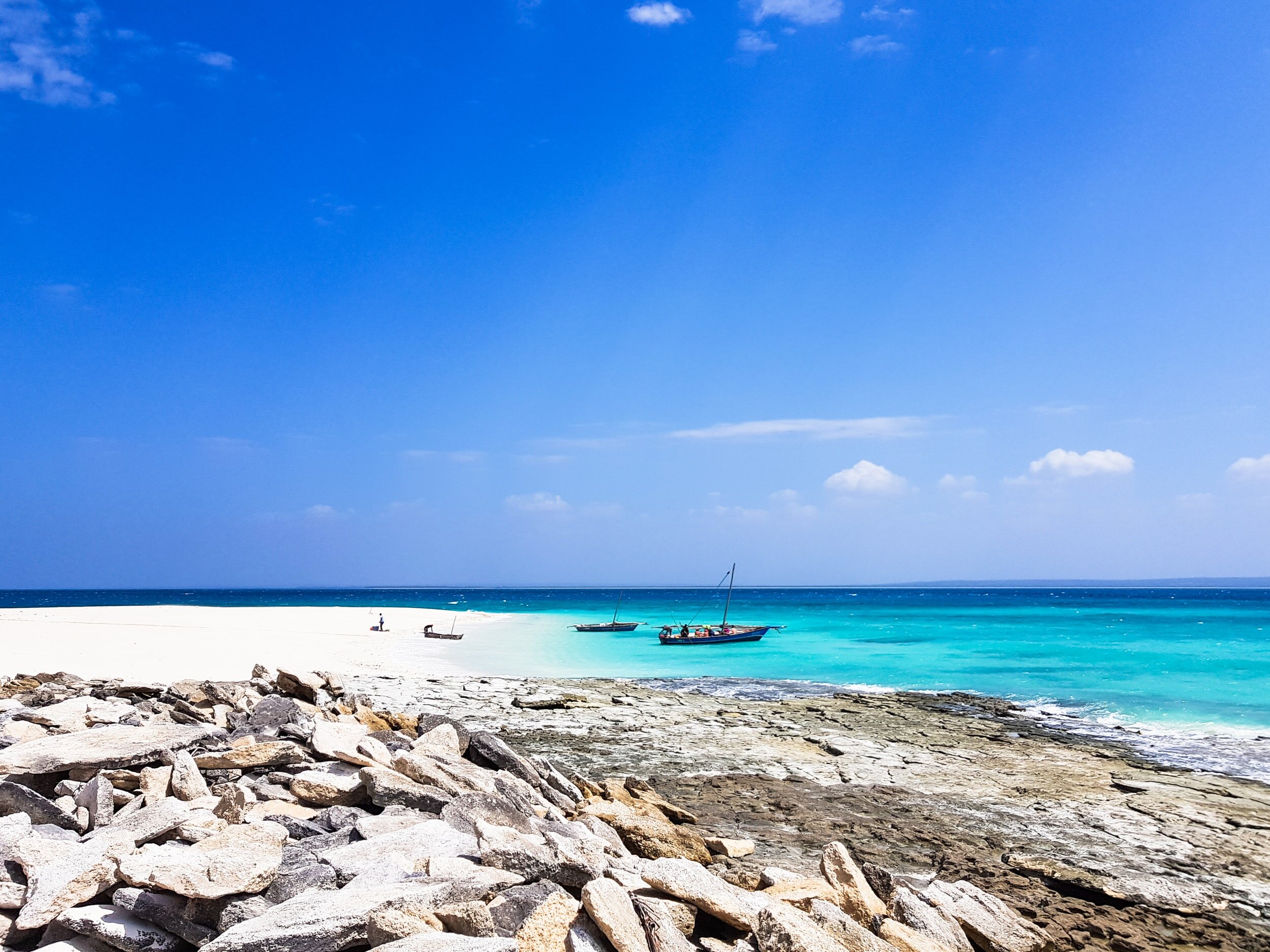
About Mozambique
Filled with stunning beaches, arable land, mineral resources, and sitting atop one of the largest natural gas fields ever discovered, it should easily be a wealthy and prosperous nation of 31 million people. Yet, the reality is very different. Mozambique is the fourth-poorest country globally, with an average per-capita income of only $490 in 2021. It ranks 181st on the United Nations Human Development Index, the 9th lowest globally, with an average life expectancy of only 60 years. Economic inequality is among the worst in the world. So how did it get this way?
Economic Factors
A lack of education leads to constant generational poverty among the poor, especially in the rural central and northern provinces. People living in these areas often lack electricity, safe drinking water, healthcare and cannot afford to send their children to school. Though the government has made impressive strides in improving the situation, over fifty percent of Mozambicans live on less than $1.25 a day.
Agriculture and Climate Change
Although there is a vast potential for agriculture, most of the land in the region remains largely untapped; this instance is due to the lack of appropriate supports and agricultural technologies. Produce markets are few and far between, making them unreliable and uncompetitive for small farmers - most of whom depend on traditional, low-yield farming methods. To make matters worse, women are the major players in agriculture, growing crops to provide for their families. Women are particularly disadvantaged in Mozambique - on average, they are less educated, possess fewer skills, and earn a lower income than their male counterparts. On top of all these factors, frequent floods, cyclones and droughts, exacerbated by climate change, push people from rural areas to crowded urban and coastal communities.
Health
Approximately 11% of adults in Mozambique are HIV-positive, and the epidemic remains uncontrolled. Infant mortality is among the highest globally, at a rate almost thirteen times higher than in the United States. Most rural Mozambicans lack access to prenatal care, preventative care, and prescription medications. As a country, Mozambique has one of the lowest ratios of physicians to population globally.
How can I help?
Project Vita believes the only way to lift people out of poverty is to teach them the skills to become self-sufficient. By teaching people to build instead of building for them, we help people develop the tools to improve their lives and the lives of those around them. If you would like to help, please consider volunteering or donating to Project Vita.
